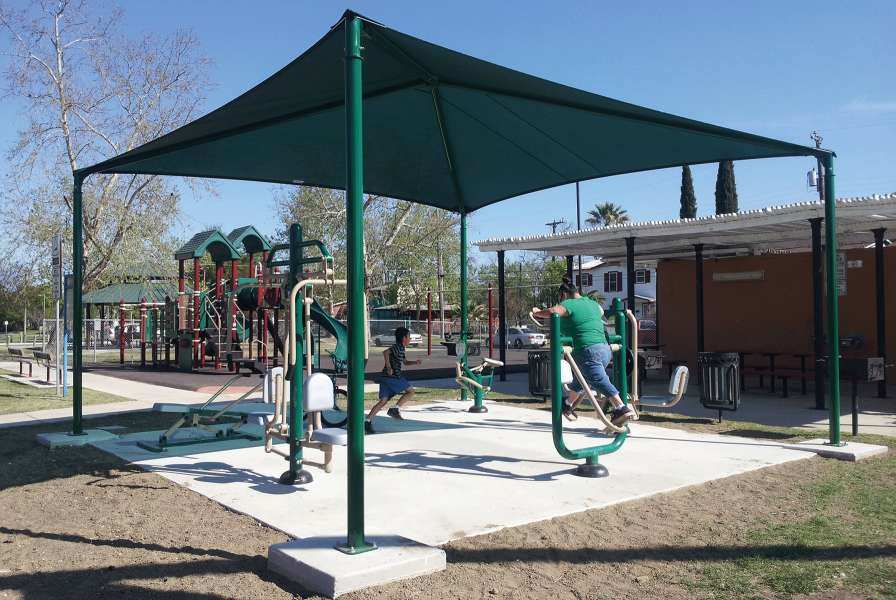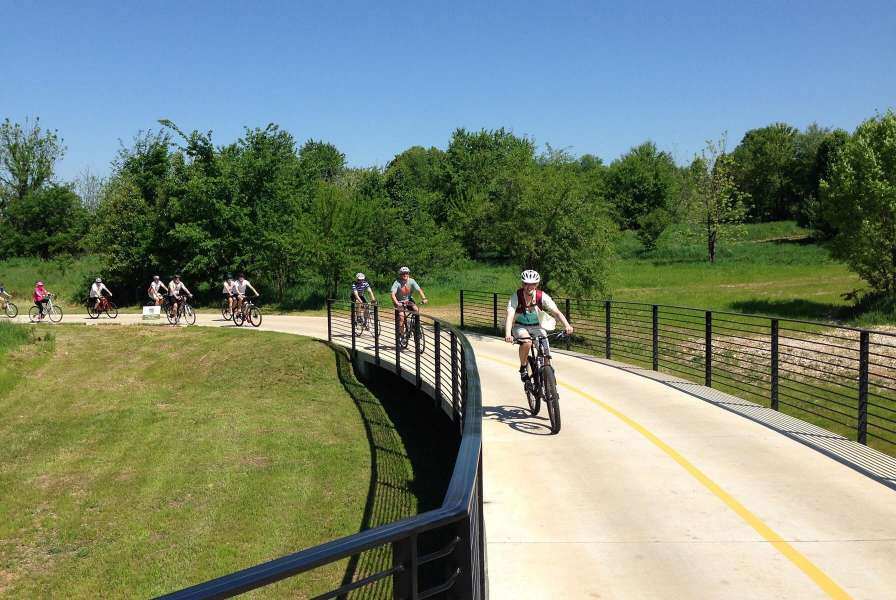Featured Stories
Showing 1-9 of 164 Results

The Value of Play Through Youth Fitness
Play is critical to healthy human development. Research shows that children are at their highest level of development when they are at ...
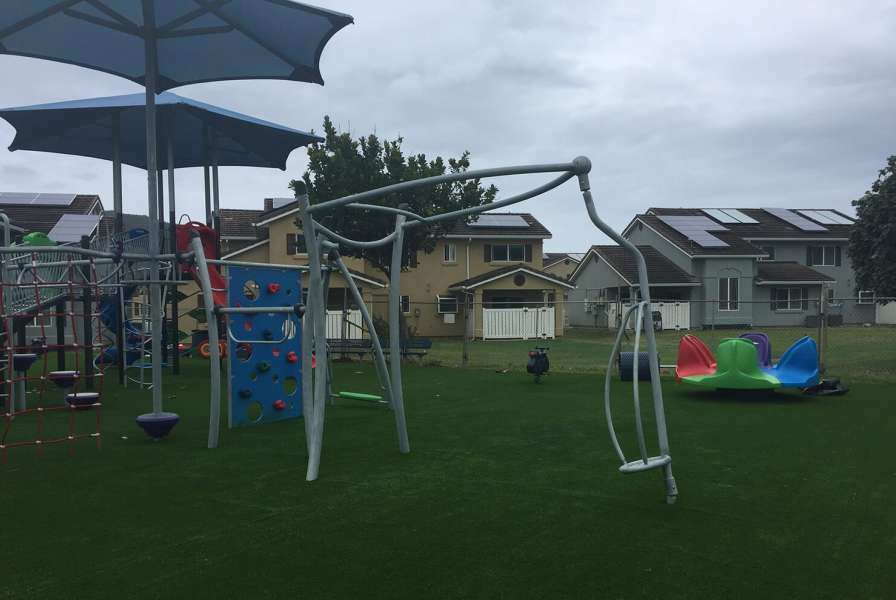
Prioritizing Youth Fitness with Research Based ...
Nestled between swaying palm trees, Pa Honua is a cozy neighborhood that welcomes its military residents in with lush landscaping and ...
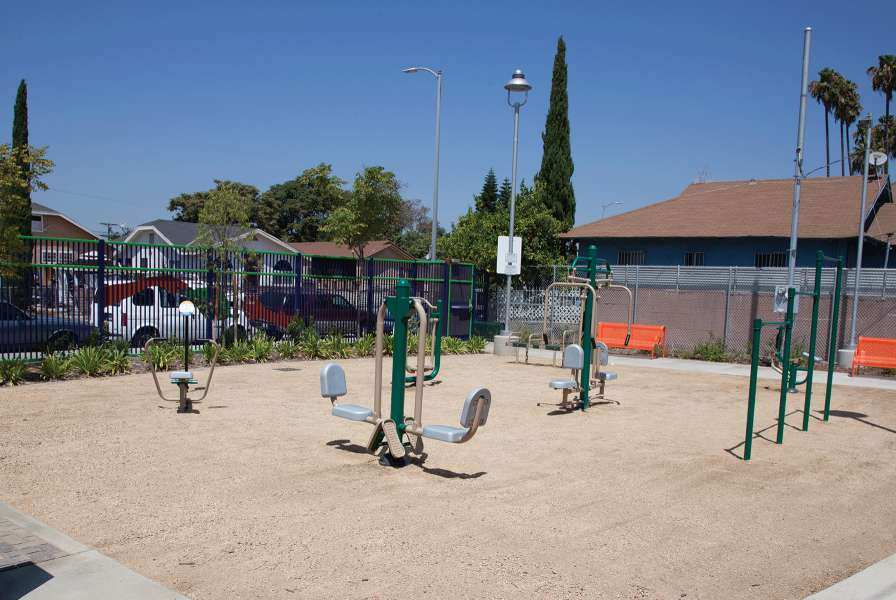
Revitalizing Home Sites to Encourage Active Behavior ...
Los Angeles is home to many small urban neighborhoods. As many were constructed prior to the 1960's, homes may fall into abandonment, ...

PlayCore Awards New NatureGrounds National ...
PlayCore, the leading company in play and recreation research, programming, and products, recently awarded its NatureGrounds National ...
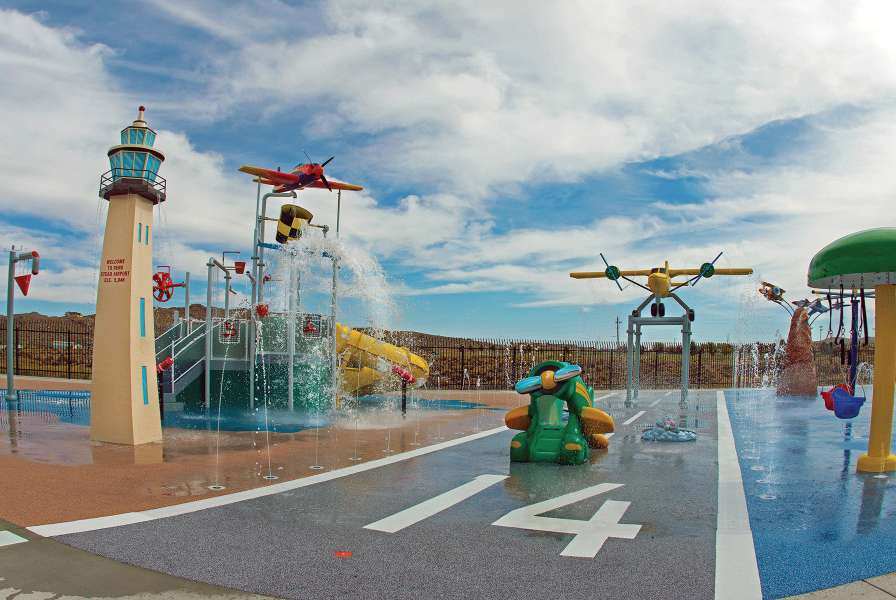
A Themed Aquatic Play Environment
North Valleys Regional Park, Reno, NV This splash area was added to enliven an often overlooked single-building park facility and provides ...
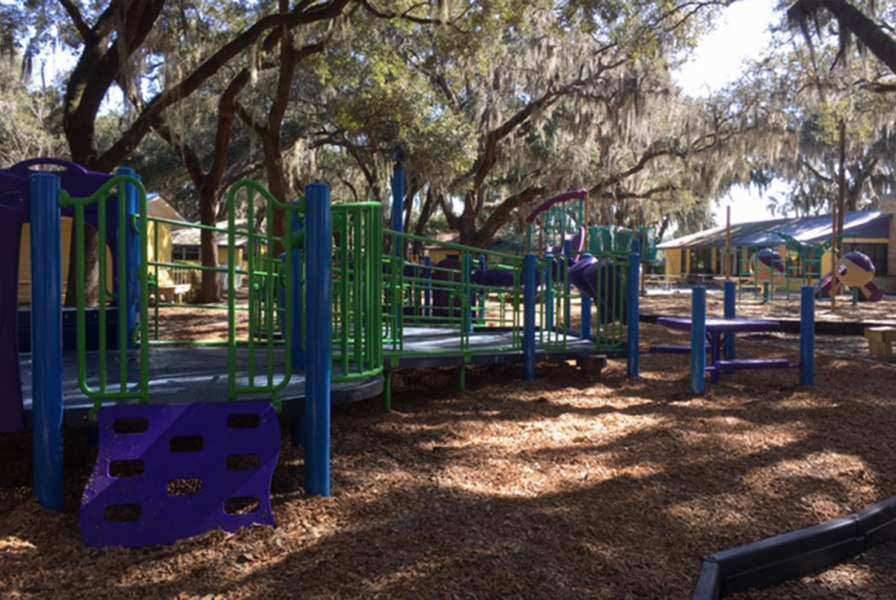
PlayCore Recognizes Rotary's Camp Florida as an ...
PlayCore, a leading company in play and recreation research, programming, and products, recently awarded its Inclusion National ...
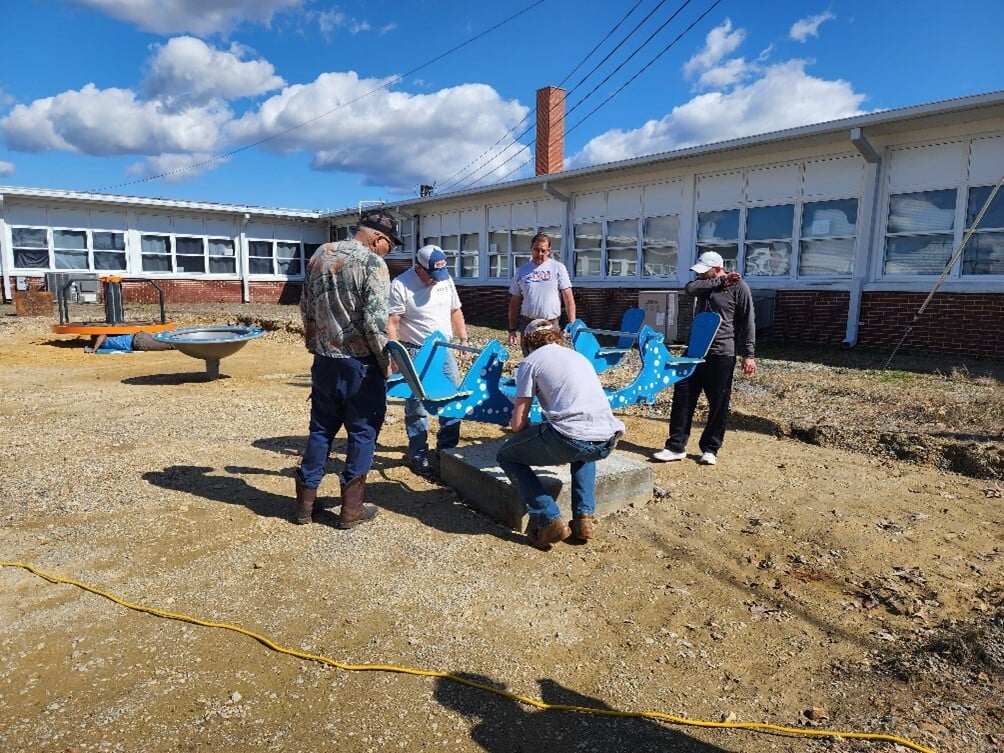
Gametime Donates Playground Equipment
GameTime and the Southern Fulfillment Center donated their time and over $60,000 worth of playground equipment to the Ider Special Service ...
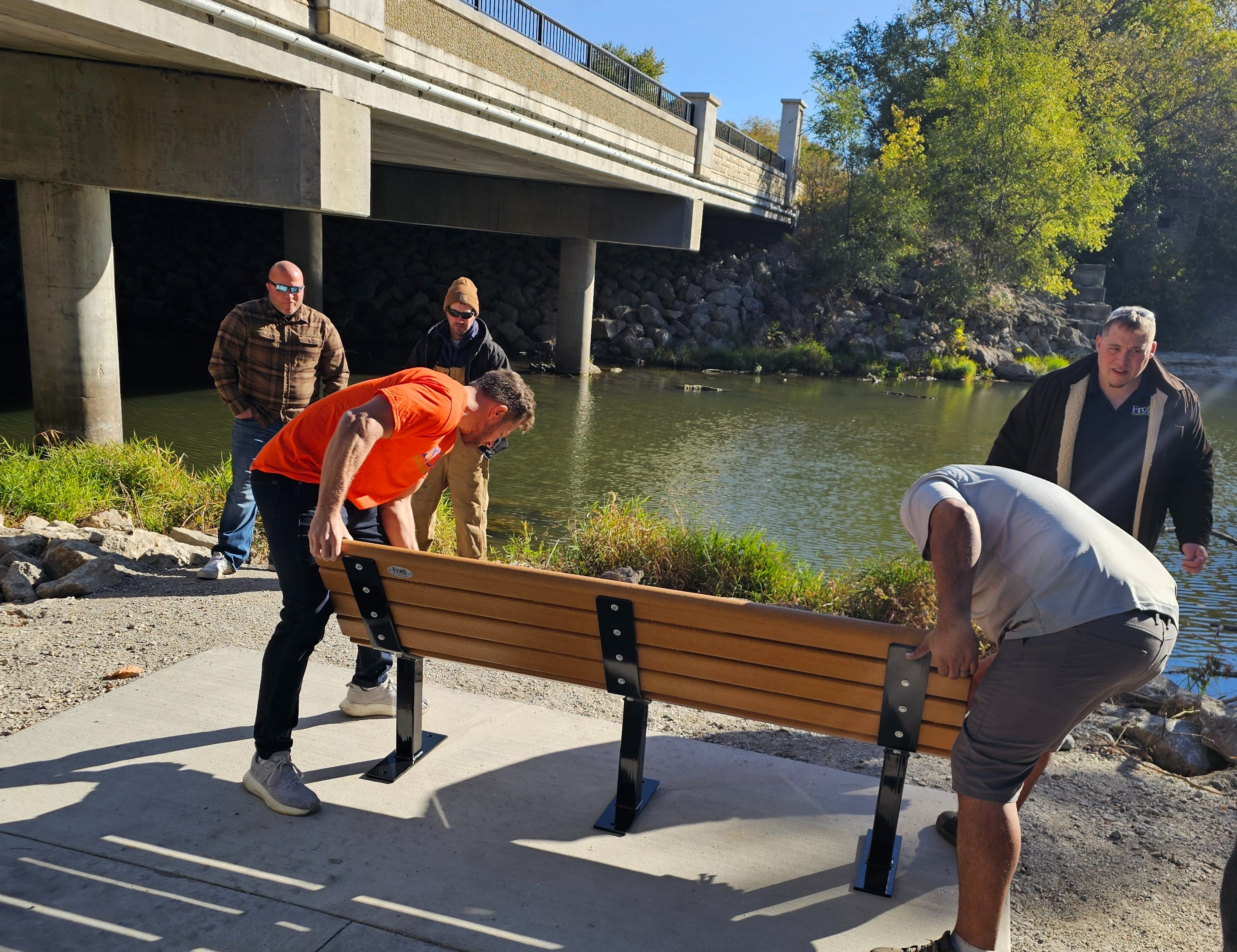
Frog Furnishings Donates Benches
Frog Furnishings donated benches to the City of Olathe. This is where the team assembled these benches together and installed them at the ...

Everlast Climbing Assembles Meal Packages
The Everlast Climbing team assembled meal packages at Feed My Starving Children, a nonprofit Christian hunger relief organization whose ...

